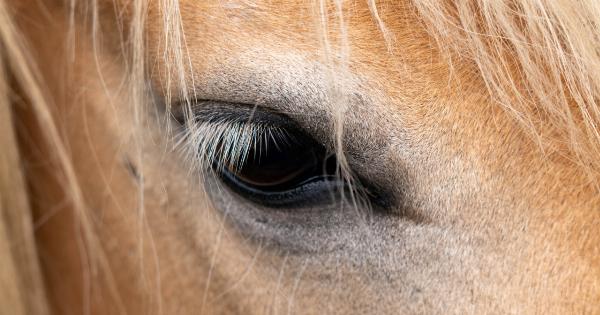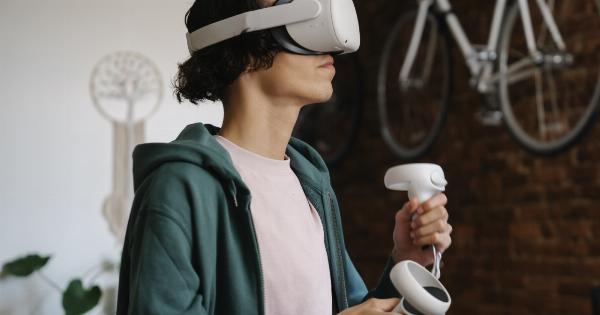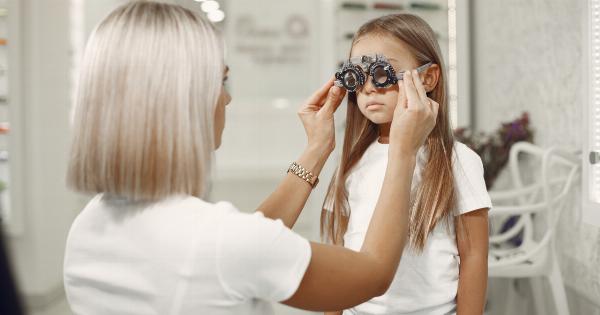Dementia is a syndrome that affects cognitive functions, including memory, thinking, and behavior. According to the World Health Organization, around 50 million people worldwide have dementia, and this number is projected to triple by 2050.
One of the lesser-known aspects of dementia is its impact on sensory perception. Sensory perception refers to how we perceive the world around us through our five senses (sight, smell, taste, touch, and hearing).
People with dementia can have changes in their sensory perception, which can affect their quality of life and make it difficult for them to interact with the world around them.
What is sensory perception?
Sensory perception is a complex process that involves the interpretation of sensory information acquired through our senses. Our senses allow us to experience the world around us through sight, smell, taste, touch, and hearing.
The brain processes this sensory information and creates our perception of the world.
Sensory perception is essential for our daily interactions with the environment. It helps us to identify familiar objects and people, communicate with others and avoid unpleasant or dangerous situations.
How does dementia affect sensory perception?
Dementia can affect a person’s sensory perception in several ways. The changes in sensory perception can be a result of biological changes in the brain or a result of environmental factors.
Changes in sensory perception can occur early in the disease process and can gradually worsen as the disease progresses. The most common changes in sensory perception that occur in people with dementia include:.
Changes in visual perception
People with dementia can experience changes in their visual perception. They may have difficulty distinguishing colors or may see objects differently. For example, a white tablecloth may appear yellow or green.
They may also have difficulty recognizing familiar faces or objects. These changes in visual perception can lead to difficulty with tasks such as reading, driving, or even recognizing the faces of loved ones.
Changes in auditory perception
Changes in auditory perception can also occur in people with dementia. They may have difficulty distinguishing sounds or may misinterpret sounds. For example, they may hear a ringing telephone as someone knocking at the door.
They may also have difficulty understanding speech, which can make it challenging to communicate with others.
Changes in olfactory and gustatory perception
Changes in olfactory and gustatory perception can occur in people with dementia, meaning they may have difficulty identifying smells and tastes. They may also experience changes in appetite or eating habits.
For example, they may lose interest in food or have a preference for sweet or salty foods. These changes can lead to malnutrition and other health problems.
Changes in tactile perception
Changes in tactile perception can also occur in people with dementia. They may have difficulty recognizing or interpreting tactile sensations, such as heat or pain. They may also be hypersensitive to touch, leading to discomfort or pain.
Environmental factors that affect sensory perception in people with dementia
Environmental factors can also affect sensory perception in people with dementia. For example, people with dementia may become overstimulated by bright lights, loud noises, or strong smells.
This can cause confusion and distress and may interfere with their ability to participate in daily activities.
People with dementia may also have difficulty filtering out irrelevant information, meaning they may become distracted by background noise or other sensory stimuli.
How to manage changes in sensory perception in people with dementia?
Managing changes in sensory perception in people with dementia can help to improve their quality of life and reduce the risk of behavioral problems.
There are several strategies that caregivers can use to help manage changes in sensory perception in people with dementia, including:.
- Reduce environmental stimuli: Avoid overstimulating the person with dementia by reducing environmental stimuli, such as bright lights, loud noises, or strong smells.
- Use simple visual cues: Use simple visual cues, such as contrasting colors or large print, to help the person with dementia identify objects and navigate their environment.
- Speak slowly: Speak slowly and clearly when communicating with the person with dementia and allow them time to process the information.
- Encourage physical activity: Encourage physical activity, such as walking or gentle exercise, as this can help to improve sensory perception and reduce agitation and anxiety.
- Use sensory aids: Sensory aids, such as hearing aids or glasses, can help to improve sensory perception in people with dementia.
- Consult a healthcare professional: Speak to a healthcare professional about managing changes in sensory perception in people with dementia, as they may be able to provide further advice and support.
Conclusion
Dementia can affect sensory perception in several ways, leading to changes in vision, hearing, taste, smell, and touch. These changes can affect a person’s quality of life and make it difficult for them to interact with the world around them.
Strategies, such as reducing environmental stimuli, using simple visual cues, and encouraging physical activity, can be used to help manage changes in sensory perception in people with dementia.




























